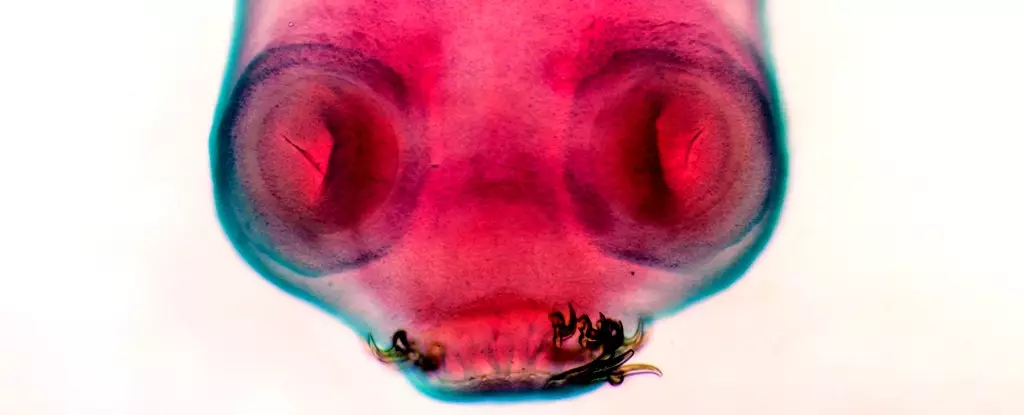Imagine finding out that you have an uninvited guest in your brain, one that has made itself comfortable and is causing you headaches. This is the reality for one middle-aged man from Florida who discovered that his brain was infested with tapeworm cysts. But how did this happen and what can we learn from this unusual case?
Tapeworms, like Taenia solium, are parasites that typically infect humans through the consumption of undercooked pork. Once ingested, the tapeworm attaches itself to the intestines and can grow up to two metres in length, releasing thousands of eggs into the host’s faeces. However, in the case of neurocysticercosis, the tapeworm has taken an unexpected turn by making its way to the brain.
The Case Study
The patient in question had a history of migraines and initially sought medical help when his headaches worsened. A CT scan revealed tapeworm cysts in his brain, a condition known as neurocysticercosis. While the most common route of infection is through the consumption of undercooked pork, in this case, the authors of the study hypothesize that the patient may have re-infected himself through poor hygiene practices.
Treatment and Recovery
Neurocysticercosis is typically treated with antiparasitic drugs, but in this case, the patient also required anti-inflammatory drugs to reduce the immune response in the brain. Fortunately, with the dual treatment approach, the patient experienced reduced brain lesions and headaches, indicating a positive outcome.
The best way to prevent neurocysticercosis and other parasitic infections is through good personal hygiene practices. Avoiding the consumption of undercooked pork and ensuring proper sanitation can go a long way in preventing these unwanted guests from making a home in your body. With the increase in immigration from endemic regions, awareness of parasitic infections like neurocysticercosis is crucial in preventing the spread of these diseases.
Neurocysticercosis serves as a stark reminder of the potential risks associated with parasitic infections. By understanding the lifecycle of these parasites, practicing good hygiene, and seeking prompt medical attention, we can protect ourselves from the consequences of these unwelcome guests. Let this case serve as a lesson in the importance of vigilance and prevention when it comes to parasitic infections. Stay informed, stay cautious, and keep those unwanted guests at bay.


Leave a Reply